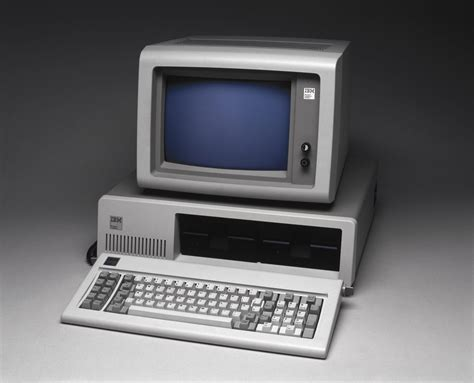- 5 Posts
- 354 Comments
Thank you for making the case for a dew-point ventilator.
I learned how to make a really simple PCB in KiCad a few minutes ago, by watching this video. The thing I wanted actually existed already and I could’ve bought it from Aliexpress, but I realized I could save about $40 re-drawing my own version and ordering from JLCPCB instead, so that’s what I did.
Fun fact: the entire Free Software movement exists because Richard Stallman got pissed off at Xerox one day, for not giving him the source code so he could fix his printer.

 14·4 days ago
14·4 days agostandard verical PC case
Excuse you! Standard PC cases are horizontal:


 3·5 days ago
3·5 days agoRead mrmoneymustache.com.
I think we should take another look at Slashdot’s moderation and meta-moderation system:
- Users couldn’t just vote on everything; “modpoints” (upvotes/downvotes, but also with a reason attached) were a limited resource.
- Comments scores were bounded to [-1, 5] instead of being unbounded.
- Most importantly, what wasn’t limited was that users had the opportunity to “meta-moderate:” they would be shown a set of moderation actions and be asked to give a 👍 or 👎 based on whether they agreed with the modpoint usage or not.
- Users would be awarded modpoints based on their karma (how their own comments had been modded by others) and their judgement (whether people agreed or not with their modpoint usage).
Admittedly the exact formula Slashdot used for awarding modpoints was secret to prevent people from gaming it, which doesn’t exactly work for Lemmy, but the point is that I think the idea of using more than one kind of signal to determine reputation is a good one.

 6·7 days ago
6·7 days agoThink about it, you outlast planets and stars. When those go dark, but you don’t die…nothing to do but float in space.
LOL, that’s just the beginning – only on the order of 1012 - 1014 years. After that, you’re going to be waiting around for proton decay (1036 - 1043 years), all the way up to 10^10^120 years* for the final heat death of the universe.
(* Anybody know how to get Lemmy markdown to do nested superscripts?)

 167·7 days ago
167·7 days agogoing to HR over this seems ridiculous
It’s not.
More to the point, you should do so before he beats you to it, complaining that you’re not being a “team player” or something.

 2·7 days ago
2·7 days agoNot the person you asked, but I’ll give my answer: I don’t know where I’d go, but I’ve been learning French for the last few years, in part, to increase my options.
(The other reason I picked French is that I’ve also been considering getting a sailboat and becoming nomadic, and France owns a whole bunch of tropical islands.)

 41·11 days ago
41·11 days agoOr you could be trans, apparently (3rd panel): https://reallifecomics.com/comic.php?comic=july-3-2020
I’m a particular fan of the “flipping the tables of the vendors at the temple” behavior.

 61·11 days ago
61·11 days agoKnitting is a form of computing and computing is women’s work. So yeah, super gay, just like all the other programmers. /s

 29·11 days ago
29·11 days agoIt wasn’t your skates that did it; it was your crop top and hotpants. j/k

 21·11 days ago
21·11 days agoSee how you feel about it after watching this: Aging Wheels/Technology Connections EV Road Trip

 12·11 days ago
12·11 days agoI don’t know why it works so well
Because the torque you can apply to the lid is usually limited by grip strength/friction, not arm strength/leverage.

 231·11 days ago
231·11 days agoI would modify that to say use microfiber for things you really need microfiber for (e.g. cleaning glass or waxing cars, where you really need it to be lint-free and non-scratching) and get bulk packs of cotton bar towels from a restaurant supply store or Costco business center for everything else. This minimizes the release of microplastics.

 5·14 days ago
5·14 days agoEven though the story involves drum memory instead, your mention of delay-lines reminds me of The Story of Mel, a Real Programmer. Y’all should read the whole thing (it’s not long), but here’s a quick excerpt:
Mel's job was to re-write the blackjack program for the RPC-4000. (Port? What does that mean?) The new computer had a one-plus-one addressing scheme, in which each machine instruction, in addition to the operation code and the address of the needed operand, had a second address that indicated where, on the revolving drum, the next instruction was located. In modern parlance, every single instruction was followed by a GO TO! Put *that* in Pascal's pipe and smoke it. Mel loved the RPC-4000 because he could optimize his code: that is, locate instructions on the drum so that just as one finished its job, the next would be just arriving at the "read head" and available for immediate execution. There was a program to do that job, an "optimizing assembler", but Mel refused to use it.











Make sure you turn on the captions for that one.